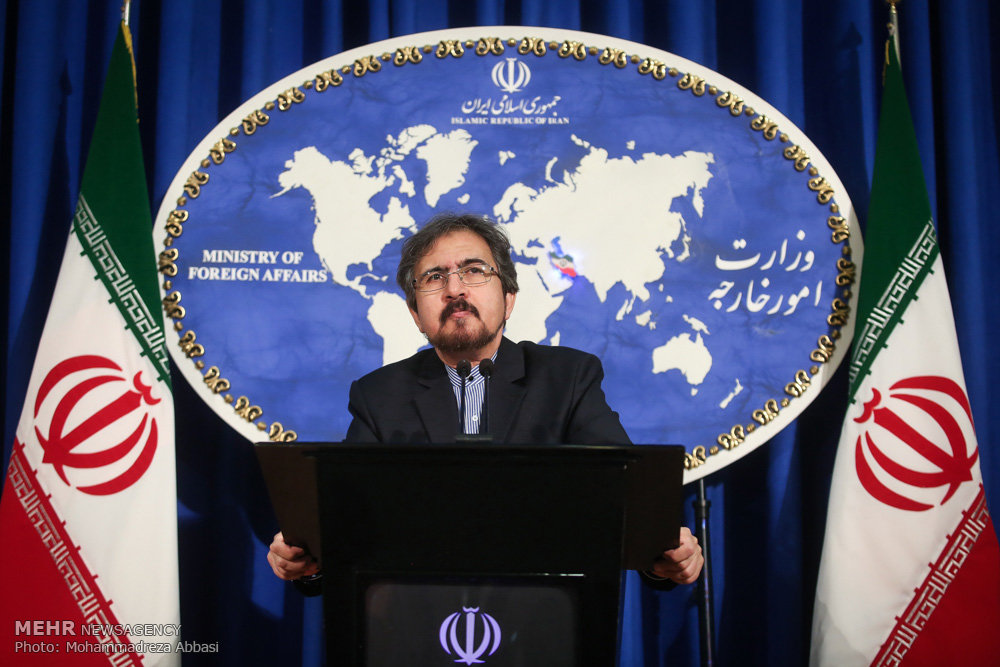Foreign Ministry spokesman Bahram Qassemi says Iran’s anti-terror measures are praiseworthy.
Qassemi made the remark in an end-of-the-year interview with Mehr news agency published on Tuesday.
He also said that countries in the Middle East region could not solve their problems without Iran’s help.
“Iran has had a successful performance in fighting terrorism, stabilizing the region and preventing intensification of hostilities, but other countries cannot or do not want to announce their position in this respect because of their policies,” he stated.
“However,” Qassemi added, “they know that the region could not overcome problems without Iran’s help.”
He described Iran as forerunner in establishing peace and stability in the region.
Iran rushed to the help of Iraq and Syria in the fight against Daesh (ISIL) which had occupied large swathes of territories in the two neighboring countries.
Qassemi said Iran played an “advisory” role against terrorists in Syria and Iraq and this was made upon a request by the Baghdad and Damascus governments.
“Iran’s advisory presence will be continued as long as terrorism exists and the other governments asks us [for help]. Iran will stand beside them [the regional countries] until the terrorists are annihilated and the people live in peace. So, Iran’s presence depends on their request,” he stated.
He added that security in Iran is linked with security in other countries in the region.
Elsewhere, Qassemi said Iran’s principled policy is non-interference in other countries’ affairs and not allowing any country to interfere in its internal affairs.
‘U.S. psychological warfare is doomed to failure’
Qassemi also said that the U.S. psychological warfare against Iran is doomed to failure.
The U.S. seeks to make Iran surrender through telling lies and exerting pressure on Tehran, the Foreign Ministry official remarked.
President Donald Trump withdrew the U.S. unilaterally from the 2015 nuclear deal in May and ordered sanctions against Iran. The first round of sanctions went into force on August 6 and the second round, which targets Iran’s oil exports and banks, were snapped back on November 4.
![]()

